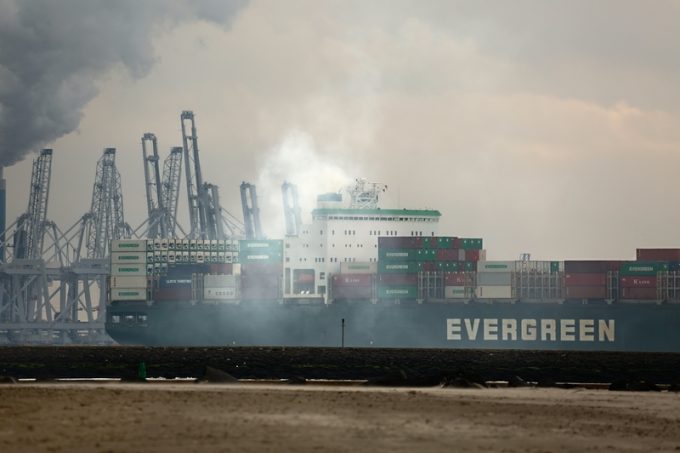Top 10 carriers divide over new fuels, orderbooks show
All the top-10 largest box lines appear to be moving away from conventional fuels in ...

The run-up to IMO 2020 is proving far from smooth sailing for shipowners, whether they opt for compliance through using low-sulphur fuel (LSFO) on their vessels or by investing in scrubber technology.
Scrubber retrofits are taking longer and costing more than expected, throwing liner scheduling into confusion and resulting in tramp fixture cancellations, according to the Exhaust Gas Cleaning Systems Association (EGCSA).
“A meteoric rise in orders and a global concentration of marine conversion work in China’s shipyards has resulted in broken promises and a ...
'Disastrous' DSV-Schenker merger would 'disrupt European haulage market'
New senior management for DSV as it readies for DB Schenker takeover
Volumes set to 'fall off a cliff' as US firms hit the brakes on sourcing and bookings
Asian exporters scramble for ships and boxes to beat 90-day tariff pause
Amazon pushes into LTL for small package fulfilment and UPS does a u-turn
Temporary tariff relief brings on early transpacific peak season
Pre-tariff rush of goods from US to China sees air rates soar, but not for long
Forwarders 'allowing the fox into the chicken run' by supporting 'hungry' carriers

Comment on this article